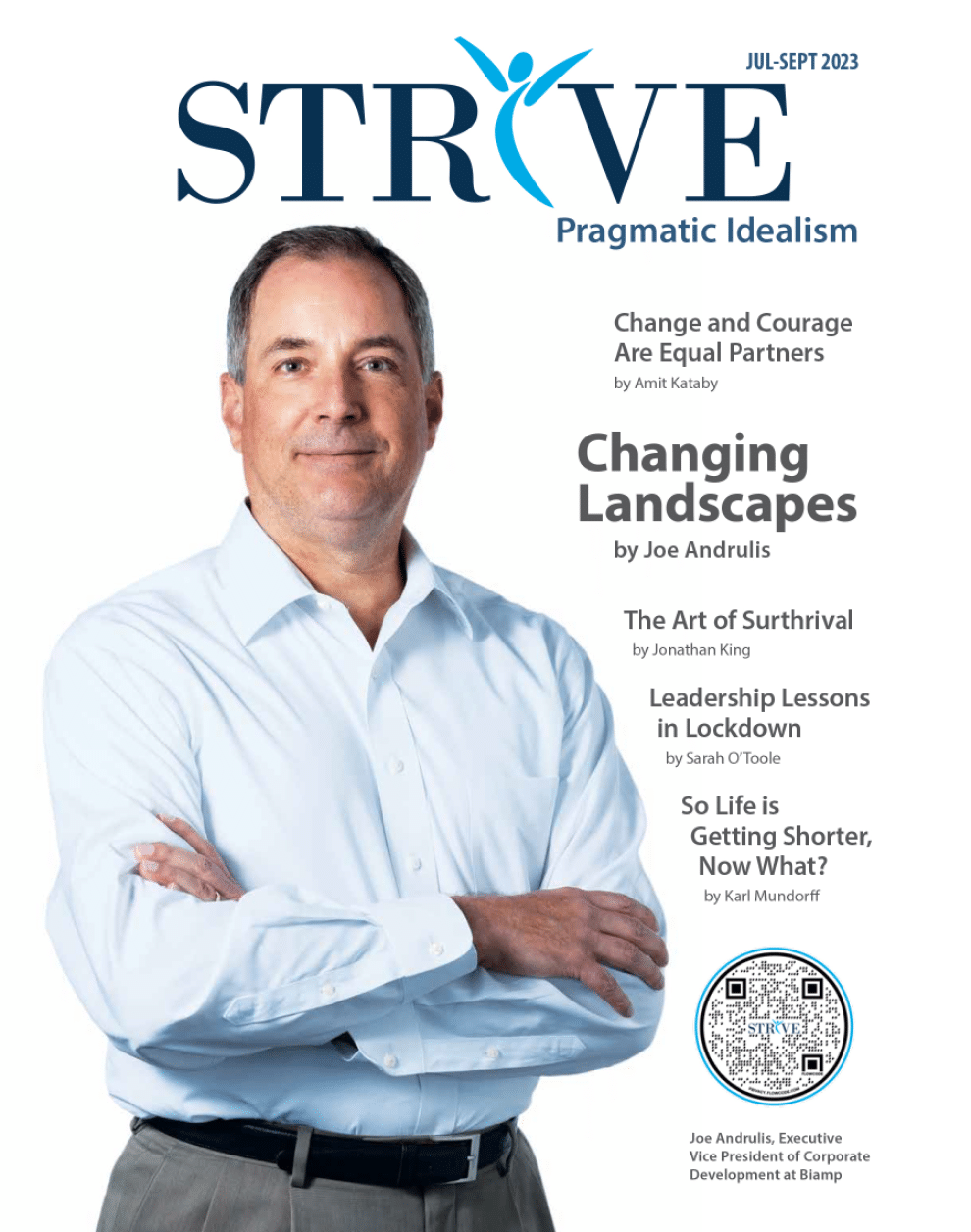 I recently attended an incredibly impactful seminar. While there, I heard the following: “Face it, you are a meaning making machine,” “there is no inherent meaning in anything in life, only the meaning YOU gave to it.”
I recently attended an incredibly impactful seminar. While there, I heard the following: “Face it, you are a meaning making machine,” “there is no inherent meaning in anything in life, only the meaning YOU gave to it.”
I must say I was puzzled – along with everyone else in the room. I didn’t quite get it at first. A meaning making machine? What does that mean? It wasn’t long until it clicked. Awe……I thought to myself. I am doing it right now, trying to make meaning of it. I can’t help it, it’s automatic.
From that moment on, I became highly aware of that little voice that lives in all of us; the one that interprets like a commentator – judging, commenting and assessing EVERYTHING I do, see, and experience. You see, our everyday living and being is more than the actions we take such as waking up, taking a shower, walking the dog out, taking the kids to school, reading emails, etc. It is always followed by commentary about what is happening. It is the voice in your head that tells you how much you hate Mondays, complains about the traffic, tries to figure out why your boss looked at you the way she did, even trying right now to figure out if you agree or not with what I’m writing…I think you get the gist.
To become present as part of this human phenomenon, all you need to do is listen to yourself. For some of us – it could be a scary endeavor. Why is this so important and what difference can this distinction make in life? Think about it. We treat, act, and behave in life as if what we tell ourselves about what’s going on is the undisputable truth, a complete reality. It is not, it is only the reality you have painted, and the big problem is – you don’t know the difference. The difference between what is happening and what we tell ourselves is happening is crucial in creating empowering context to life and to the actions we ultimately choose to pursue.
When I was 16 years old, my cousin and best friend, Lee, died in a car accident. She was like a sister to me and when she died, the first thought that came to mind was – if she’s gone, I don’t deserve to live either. That thought manifested in my life for years. It is not uncommon for people to live in that overlap of what happened and what we say about what happened. You see, this “meaning” just suddenly landed on me and I couldn’t understand the difference between the fact that she died and what I thought it meant; it became my life, my reality. There is no blame or shame in where I initially landed, but it was in the distinction between the two that I found peace and completion.
Distinguishing vs. Meaning
There is a difference between what is happening and the meaning you give to it; understanding this will give you power and the freedom to act powerfully in areas where you may have anxiety or feel you have no control.
1.YOU DO IT TOO – The first step is to recognize and notice that you do it too. I am encouraging you to notice this as a human phenomenon. Notice how the commentator is in play from the moment you wake up to the moment you go to sleep. The sooner you accept this conditioning, your awareness of yourself will rise and the ability to drop any meaning that upsets you and creates anxiety will rise.
- Listen responsibly– – Pay close attention – when you listen to the thoughts, understand that they are not yours and you don’t have real control; meanings can just land on us out of the blue. Notice how the same incident can happen to different people and for one it could mean joy and for another complete destruction. The act of listening will begin to distance you from your thoughts, and you will begin to identify as the thinker of the thoughts rather than the thought itself. If you are still convinced somehow that your thoughts are yours and that you have control over them, then I challenge you to stop thinking for only 10 seconds. Good luck.
2. Inquiry – Oh how we love answers, we absolutely love knowing, in fact we are often embarrassed and/or afraid by the unknown especially in social and work settings. We don’t like to look bad in front of others and in our culture not knowing somethings is often considered or viewed as bad. When Socrates said that the one thing he knows is that he knows he doesn’t know, he said that in the context of inquiring about wisdom and virtue in ancient Greece. He pointed to the fact that living in the notion that you have absolute knowledge of things as if they were the truth is detrimental to our expansion as humans. And that real wisdom lies in the acknowledgment that we don’t know; it is in this space where we begin true inquiry and achieve wisdom. Stay in the inquiry, don’t always look to know as the Inquiry itself will leave an opening for insight and to new ways of being. Socrates was very committed to this idea as he said: “The unexamined life is not worth living. ” In simple words- stop acting as if you know at all and start questioning EVERYTHING!
3.Separate the facts from what you tell yourself about the facts-
That overlap we find ourselves in is often hard to distinguish; we mix up the facts and our interpretation about the facts to the point that we don’t know which are real. This process is an automatic aspect of human nature. To help you escape the overlap of mixed-up emotion, be very clear about the facts and understand the interpretations surrounding the facts. To see it clearly, pick an area in life that is burdensome; money, a relationship, work etc. Then make a list of all the facts in that area/incident – dry facts. For example, if someone told you something that upset you at work, list exactly what they said: word-for-word. Then make another list; what you said about what happened, including all the things you said to yourself about what happened, such as, “I’m not appreciated,” and “They are trying to control me,” etc. This will help you stop relating to the story as if it was the ultimate truth and it will be easier for you to operate from the facts rather than some dramatic story you have created.
So, what does this all mean? Well, nothing really. But now that you know the difference between facts and meanings, and that life is made up of interpretations, you can begin to create the meanings you wish. Or better yet – drop the ones that burden you. The freedom and power that comes with it is priceless.
I think Viktor E. Frankl described it best. “Everything can be taken from a man but one thing: the last of the human freedoms—to choose one’s attitude in any given set of circumstances, to choose one’s own way.”
 This article was written in gratitude for Lee Cohen-Zada; honoring her life by living powerfully.
This article was written in gratitude for Lee Cohen-Zada; honoring her life by living powerfully.













































